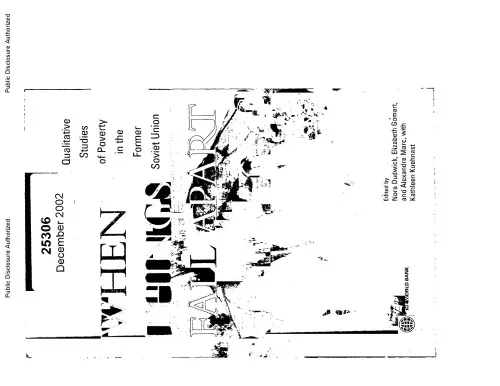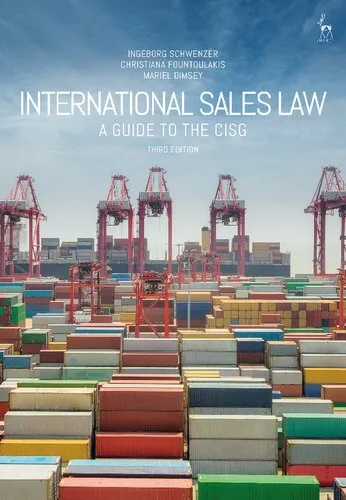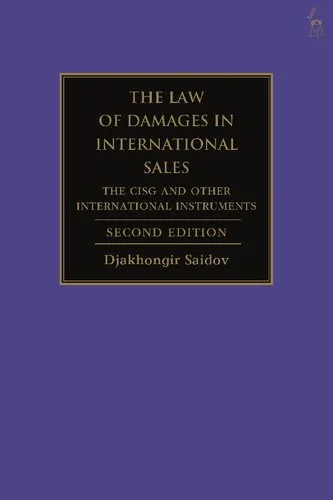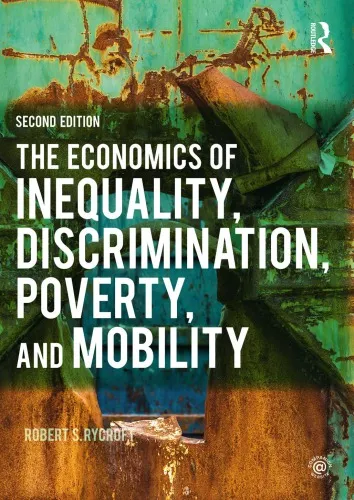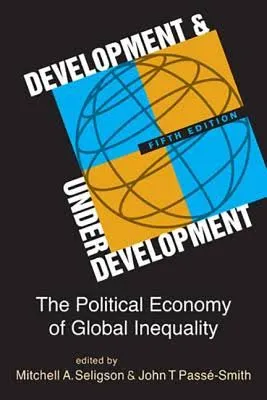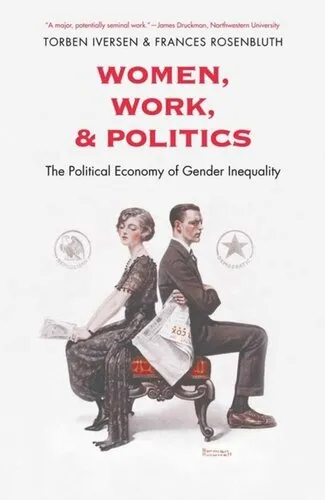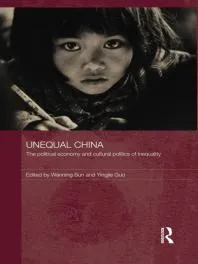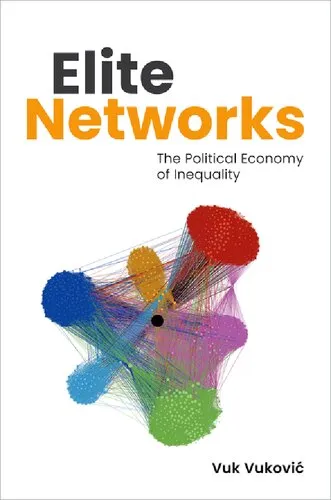When things fall apart: Qualitative Studies of Poverty in the Former Soviet Union
4.5
Reviews from our users

You Can Ask your questions from this book's AI after Login
Each download or ask from book AI costs 2 points. To earn more free points, please visit the Points Guide Page and complete some valuable actions.Related Refrences:
Introduction to "When Things Fall Apart: Qualitative Studies of Poverty in the Former Soviet Union"
Detailed Summary of the Book
"When Things Fall Apart: Qualitative Studies of Poverty in the Former Soviet Union" offers a comprehensive, poignant examination into the profound socio-economic transformations that shook the post-Soviet landscape. This book delves into the narratives of individuals across the former Soviet Union, revealing the complexities and the depth of poverty experienced by many in this tumultuous period. Through qualitative research, the authors unravel the human aspect of economic collapse, examining how individuals and families adapted—or failed to adapt—to the challenges of post-Soviet realities.
The study collects voices from various regions, each grappling with its unique post-Soviet identity. From rural areas that faced agricultural stagnation to urban centers struggling with industrial collapse, these narratives provide a mosaic of experiences shaped by historical, cultural, and social factors. The authors focus on capturing the resilience, aspirations, and daily struggles of those they interacted with, offering insights grounded in personal experiences rather than purely statistical analyses.
Key Takeaways
- Understanding Poverty: The book highlights how poverty in the former Soviet Union cannot be understood through economic metrics alone; it requires a deep dive into personal stories and social dynamics.
- Transition Challenges: The sudden shift from a centrally planned economy to market economies was chaotic, leading to widespread poverty and social disruption.
- Resilience and Adaptation: Amidst adversity, many individuals and communities demonstrated remarkable resilience and adapted in creative ways to survive and even thrive.
- The Role of Government: The narratives reveal mixed perspectives on the roles of governments and institutions during the transition, often seen as both enablers and inhibitors of progress.
Famous Quotes from the Book
"In the silence of economic downturn, the voices of the impoverished resonate loudly, narrating the untold stories of survival and dignity."
"Poverty is more than a lack of resources; it's the absence of opportunity and choice, amplified by systemic change."
Why This Book Matters
The significance of "When Things Fall Apart" lies in its ability to humanize the statistical data often associated with the fall of the Soviet Union. By prioritizing personal experiences over numbers, the book offers scholars, policymakers, and the general public a nuanced understanding of poverty and transition in the region. It underscores the importance of qualitative research in policy-making, advocating for solutions grounded in the lived realities of affected populations. This book is an essential read for anyone interested in socio-economic transformations, international development, and the profound impacts of historical change on everyday lives.
Free Direct Download
You Can Download this book after Login
Accessing books through legal platforms and public libraries not only supports the rights of authors and publishers but also contributes to the sustainability of reading culture. Before downloading, please take a moment to consider these options.
Find this book on other platforms:
WorldCat helps you find books in libraries worldwide.
See ratings, reviews, and discussions on Goodreads.
Find and buy rare or used books on AbeBooks.
1722
بازدید4.5
امتیاز0
نظر98%
رضایتReviews:
4.5
Based on 0 users review
Questions & Answers
Ask questions about this book or help others by answering
No questions yet. Be the first to ask!
